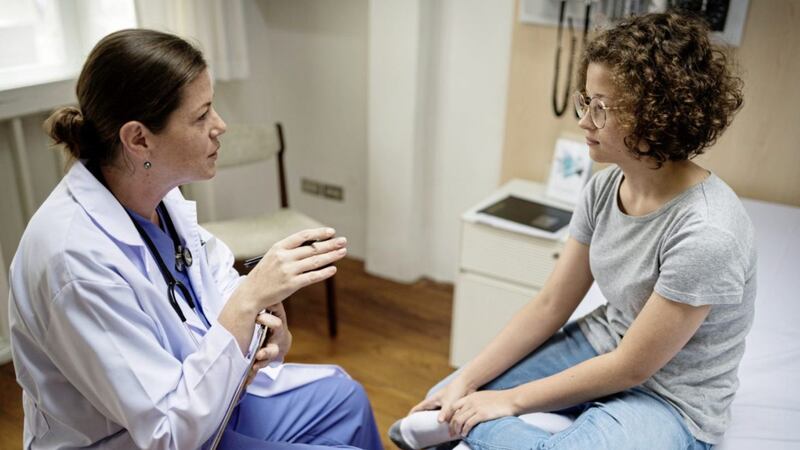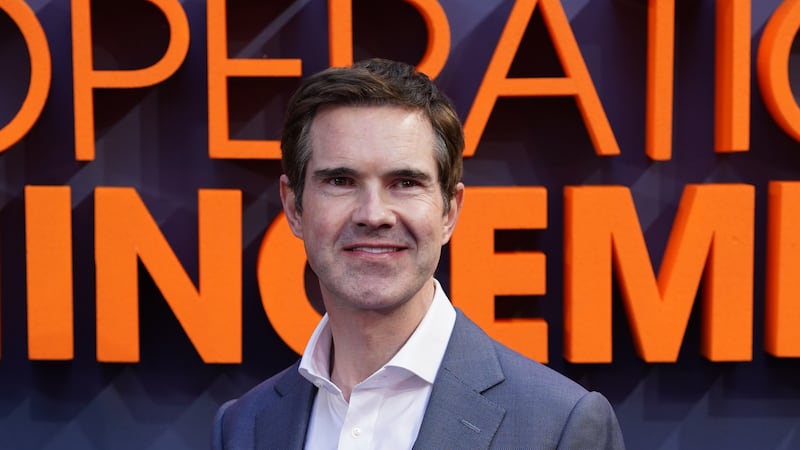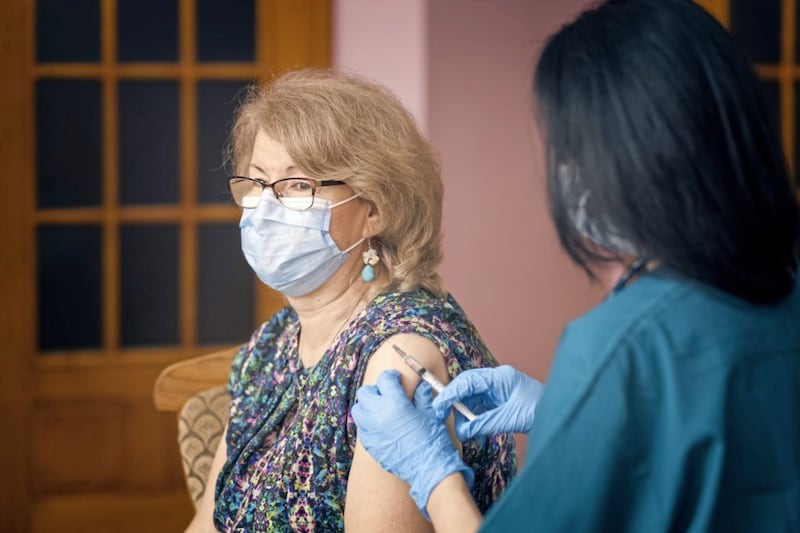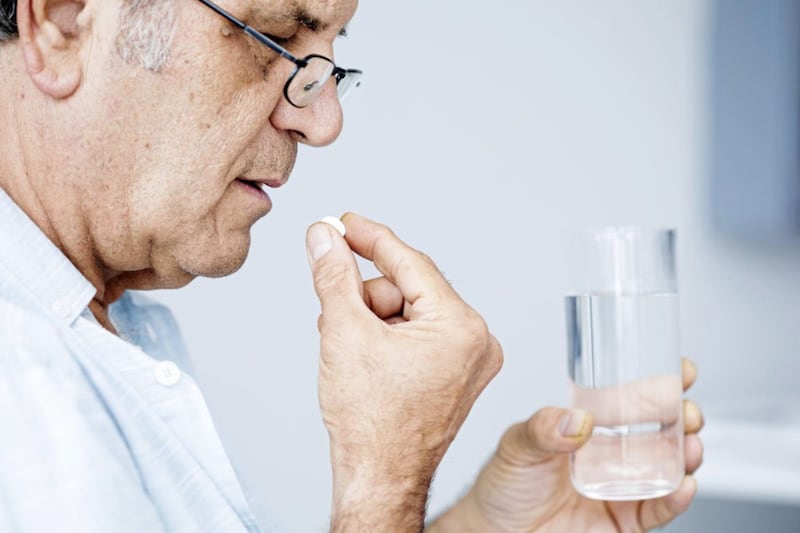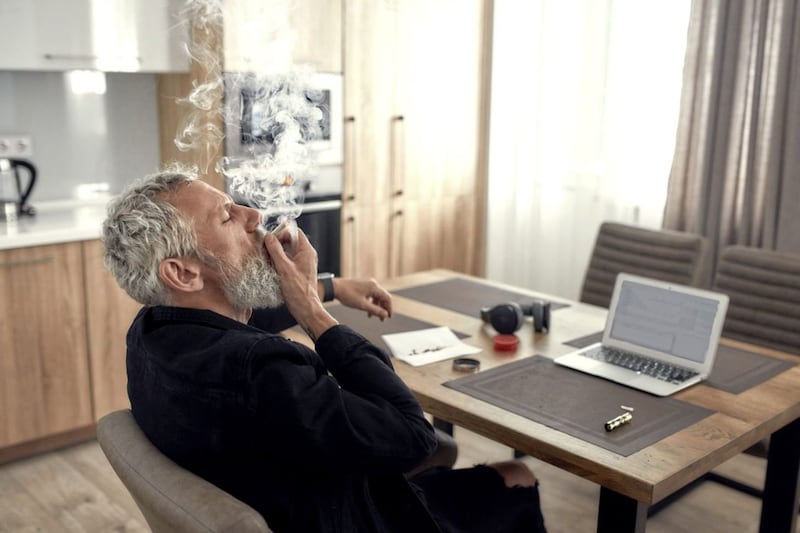THE publication of research from the University of Oxford confirming that doctors’ intuition or gut instinct – what I would prefer to call refined judgment – is more accurate in making a diagnosis of serious illness than adhering to guidelines and diagnostic algorithms, brought me a rare moment of delight.
We are human beings, not machines, and the same illness can present in myriad ways depending on, for example, an individual’s genetic make-up, general health and even personality. So science and technology must be used alongside the instinct that comes with experience.
When I trained in the 1970s, my six years spent as an undergraduate were focused on science: anatomy, physiology, biochemistry, pharmacology and psychology, followed by a three-year apprenticeship on the wards.
The years following graduation, as a junior hospital doctor, added to the knowledge I had gained and, at that time, any qualified doctor could step away from the hospital service and become a general practitioner.
But in 1980 it became law that a period of three years had to be spent in what was called ‘vocational training’ for general practice. This involved a year of apprenticeship with a senior GP and two years in hospital posts.
These years were not about learning how to treat illness, but identifying and refining the softer skills needed in general practice: how to get to know patients, how to be their advocate and their expert guide, how to apply the powers of careful observation.
There can be no doubt that these are valid and important skills for any doctor to learn. But the opportunity to do so has been gradually eroded and now almost abandoned due to cost-cutting and political interference in the NHS.
Yet these soft skills are a vital component of medical care, and it is time our leaders realised that and stopped the obsession with algorithms at the price of expert human judgment.
